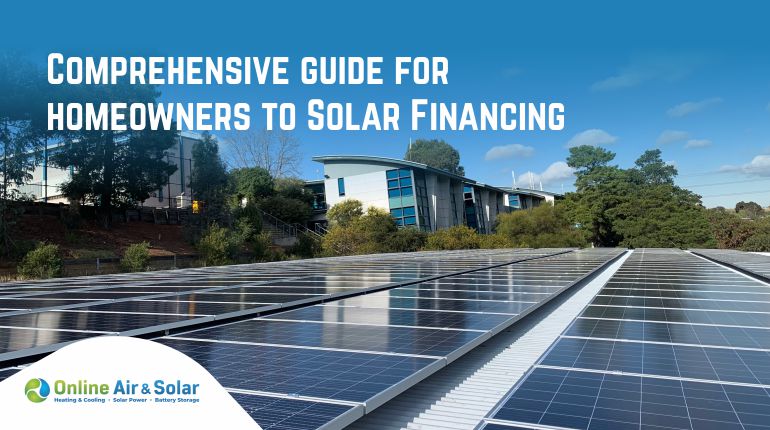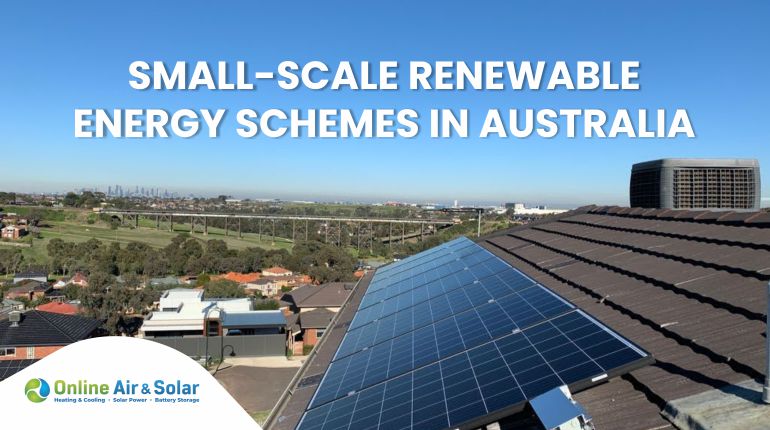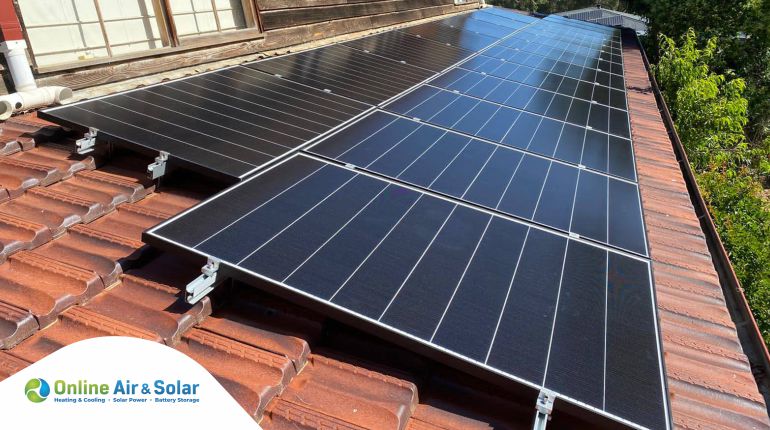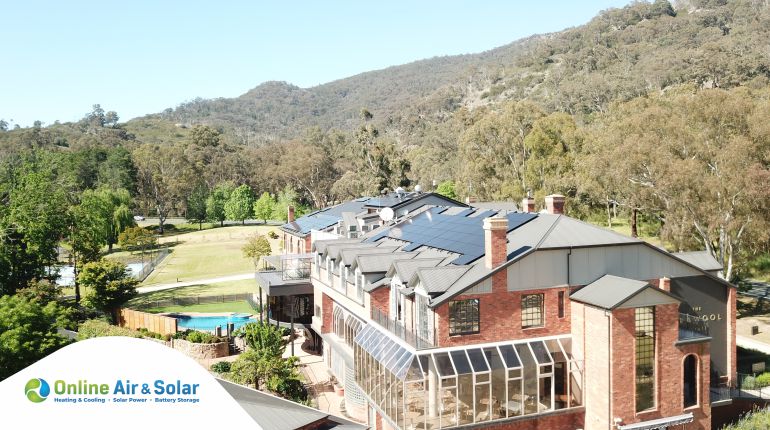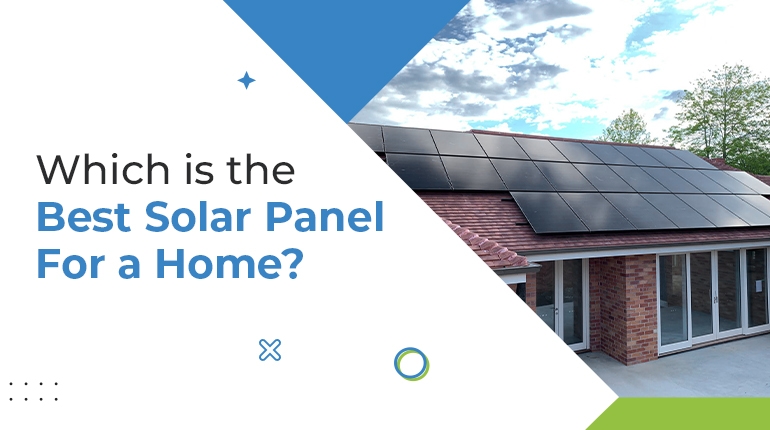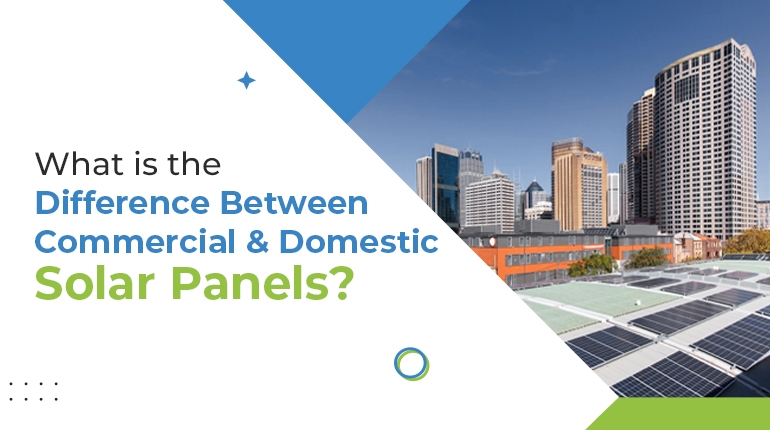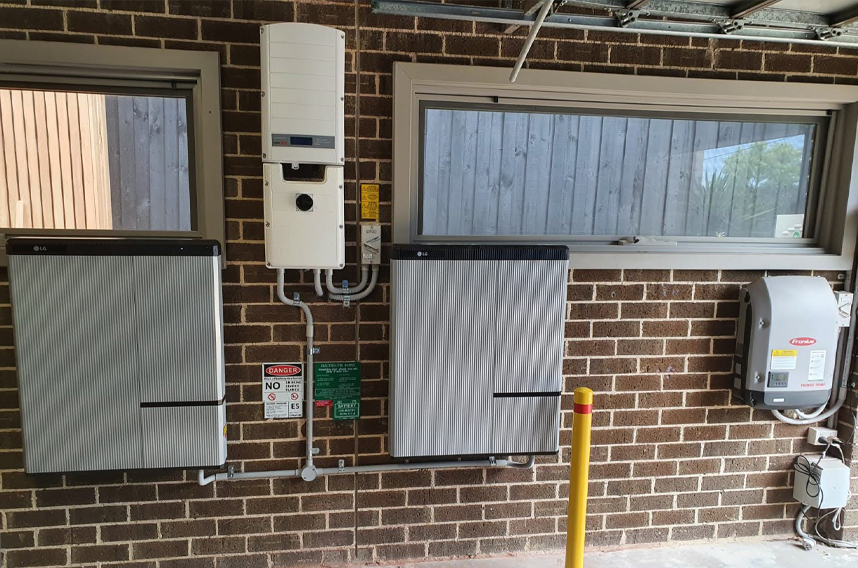Switching to solar energy is a smart move for your wallet and the environment. Although the upfront cost of solar panels may seem high, solar financing options are here to help.
In this guide, we’ll explore various ways Australian homeowners can finance portable solar panels, making it easier for everyone to harness the benefits of solar energy.

Solar Financing Options in Australia
Getting solar finance or rebates is a great way to cut down the cost of your solar panels. These options can help you save money and make solar energy more affordable for your home.
Cash
If you have savings and no debt, paying cash might be the best option. You own the system immediately, saving on interest, but it may limit your financial flexibility.

Pros
- Save on interest
- No monthly payments
- Immediate ownership.
Cons
- Deplete savings
- No credit-building
- Limited options
Green Loans
These loans offer low-interest rates and are excellent if you don’t have cash on hand. However, a strong credit history is usually required, and options are limited.

Pros
- Low-interest rates
- Immediate ownership
- Potential fee waivers.
Cons
- Limited availability
- A strong credit history is required.
Interest-Free Solar Loan
While appealing, these loans might end up costing more due to added fees. They are accessible for those with lower credit scores but come with shorter terms.

Pros
- No interest payments
- Immediate ownership
- Accessible with low credit scores
Cons
- May end up costing more
- Shorter terms
- Higher periodic payments
Personal Loan
Flexible and pre-approved, personal loans offer versatility but tend to have higher interest rates. Finding the right deal can be challenging, requiring a decent credit history.

Pros
- Flexible use
- Potential cost savings in the long run
- Pre-approval for better deals.
Cons
- Higher interest rates
- Numerous options
- It requires a decent credit history.
Solar Leasing
No upfront payment and lower monthly costs make leasing attractive. However, you won’t own the system until it’s fully paid, and interest rates can impact long-term savings.
Pros
- No upfront payment
- Lower monthly payments
- Maintenance is usually covered.
Cons
- No ownership until fully paid
- Potentially higher interest rates
- Lower savings.
Adding Solar to Mortgage
With low interest rates, this option provides immediate ownership. However, it could cost more over the long term, and it’s riskier if not managed wisely.
Pros
- Low interest rates
- Immediate ownership
- Debt consolidation.
Cons
- Long-term cost if a mortgage is not paid quickly
- Slightly better rates with green loans.
Solar Power Purchase Agreement (PPA)
No upfront payment and no regular repayments make PPAs enticing. However, you only receive partial benefits, and you never own the solar panel system.
Pros
- No upfront payment
- No regular repayments
- Maintenance covered.
Cons
- Partial benefits
- No ownership
- Potential extra costs if excess energy is not used.


